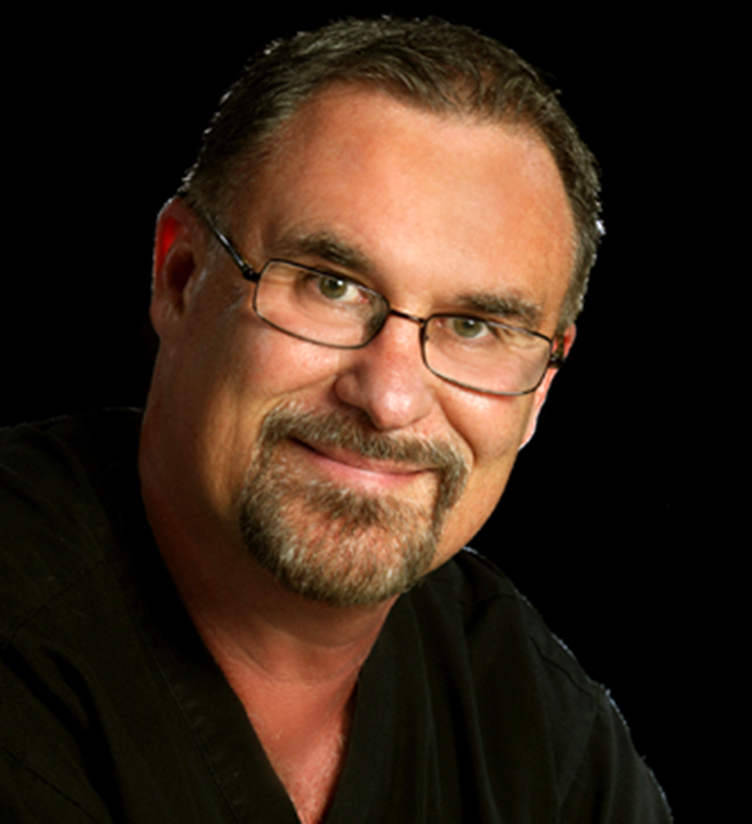
This is the first in a series of interviews with medical professionals in Fort Lauderdale about health issues of interest to the LGBTQ community.
Dr. Don Fisher, D.O., is the Medical Director at The Best Program in Fort Lauderdale and is an expert in the field of Age Management Medicine and Bio-identical Hormone Replacement. We questioned Dr. Fisher specifically about the widespread (some say alarmingly high) use of testosterone supplementation by gay men.
Q: The use of testosterone replacement therapy in men has skyrocketed in recent years as the science of age management grows. Critics say testosterone is the new botox and is being overprescribed. Is there any justification to that criticism?
A: Testosterone declines in most men over the age of 30 and the pharmaceutical industry has made it much more available – and likely that is why we see it being prescribed more lately. I feel most doctors don’t prescribe testosterone at the level that makes a difference and at correct doses and then monitor it correctly. I am an advocate for replacing testosterone NOT just for minor improvements but to replace it to that level that would be high normal – and in doing that, we lessen men’s risk of cancer, cardiovascular disease, risk of obesity and other chronic diseases not to mention men look better, feel better and have improved sex. The key here is to give men the testosterone back that they lack.
Q: What are the proven benefits of testosterone supplementation say, to a man in his 50s who has been clinically diagnosed with low T?
A: Low T as it has been marketed causes these typical symptoms and signs: Poor energy – especially with exertion, fatigue and loss of stamina, “brain fog” and poor focus and concentration, lack of strength and muscle mass, poor sexual desire and performance, moodiness (like a grumpy old man), poor workout ability and poor recovery from workouts and belly fat and love handles.
Q: Is there any evidence to support the allegation that testosterone supplementation promotes the risk of prostate cancer in men?
A: NO! Hormones do not cause cancer and testosterone does not cause prostate cancer. There are even recent studies by a Harvard urologist, Dr. Morganthaler, where testosterone has been given to men WITH metastatic prostate cancer with no increase in the rate of progression. I do like to share with my patients what does increase the risk but hormone replacement is not the biggest concern.
Q: Prior to becoming the medical director at The Best Program, you specialized in HIV medicine. Why is testosterone so widely prescribed in men with HIV?
A: HIV infects and affects the Leydig cells of the testes. Almost two thirds of HIV positive men have low testosterone and we want men with HIV to maintain their muscle mass and stay strong. HIV positive men feel better and stay stronger with hormone replacement with testosterone.
Q: Testosterone treatment comes in many forms including topical gels and injections. What treatment works best in your opinion?
A: I sometimes recommend a compounded form of testosterone cream that men apply twice daily. Some men do not absorb testosterone well and it won’t improve symptoms adequately. Men over 50 generally do better with injectable testosterone. There are several forms of injectable testosterone (cypionate, propionate and enanthate, etc.) I always recommend Human Chorionic Gonadotropin (HCG) along with testosterone as it signals testicles to produce endogenous testosterone and decreases the risk of testicular atrophy (loss of testicle size). The best form of testosterone is the one that a man can easily comply with AND that best alleviates symptoms. We always want to monitor levels to ensure efficacy and safety.
Q: The science of age management is relatively new. What are some of the indicators you look for in your patients to optimize good health?
A: Age Management means doing all that we can do to stay healthy. Simply put, we want all hormones youthful, optimal and balanced. Diet and lifestyle should be optimal. Take the right supplements. Limit stress and manage stress and exercise and stay social. If we find the right balance, we can stay healthy, happy and fit and stave off chronic disease and age well. Like I tell my patients, I want to get old BUT not feel old. Don’t plan for poor health and infirmity – be proactive and stay fit. Don’t plan to get old and sick – talk with an age management physician.


